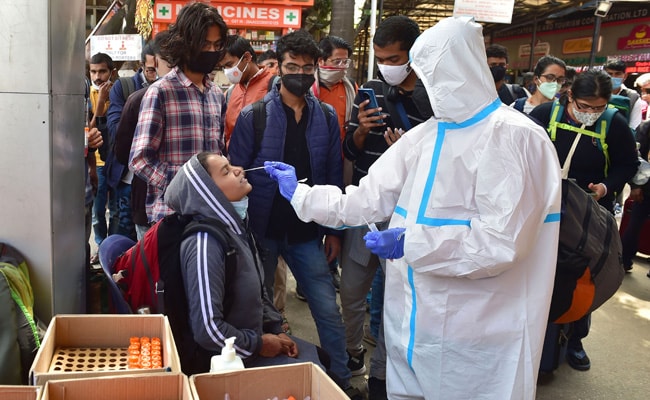Every night, Muhammad Nadeem gathers his sick body and begins the first watch. His rifle across his stage, he sits at the entrance of his home in the northwestern Pakistani city of Tank and waits.
Periodically, he’ll walk around the house’s border, checking for exertion in the thoroughfares of this fine frontier of a city, located conterminous to his native South Waziristan quarter, about 300 km (186 country miles) southwest of the capital Islamabad.
The authorities’ hold over law and order in this part of Pakistan has historically been tenuous, but Nadeem isn’t spending insomniac nights because of original stealers or culprits.
His enterprises are slightly more serious Nadeem is standing guard against the Pakistani Taliban.
This time has seen a pronounced supplement in violence in the South Waziristan and adjoining North Waziristan sections – once the motherland and headquarters of the Tehreek-e-Taliban Pakistan (TTP, also known as the Pakistani Taliban) – and with the Afghan Taliban now controlling neighbouring Afghanistan, which borders both sections, residers of these areas say they sweat a return to life under the TTP.
The situation is complex, judges and residers say, and involves a rejuvenescence of the TTP and its confederated original regulars, as well as Pakistani government- backed “ surrendered” Taliban fighters, all engaged in targeted killings of civilians, gouging, ethnical councils and attacks against security forces.
Since January, at least 69 people have been killed in 37 attacks across South and North Waziristan sections, according to data from the South Asia Terrorism Portal (SATP).
The attacks have included targeted killings ofanti-Taliban civilians, gouging- related killings, checkpost raids and multitudinous extemporized explosive device (IED) attacks targeting security forces, who regard for 84 percent of all reported casualties in these areas.
Pakistan’s service attributes the rise in violence to “ the evolving situation in Afghanistan”, according to a security source familiar with the matter, who spoke on condition of obscurity given the perceptivity of the subject.
“ Shocks were felt in Pakistan due to evolving situation in Afghanistan,” said the source. “ Still, this script was short- lived as Pakistan’s secu
.
In October, Pakistani Prime Minister Imran Khan blazoned that his government was in “ addresses” with the TTP, trying to pave the way towards a peace agreement.
In November, Afghan acting Foreign Minister Amir Khan Muttaqi verified that the Afghan Taliban was “ interceding” those addresses, and has agreed upon a one-month ceasefire as the formal structure of addresses was set up.
In the Waziristan sections, still, similar talk is being met with both scepticism and fear, residers say.
‘They will kill them’
“ Right now, security there (…) is veritably bad,” says Nadeem, of his native Sararogha area of South Waziristan. “ Those who say there’s peace, there’s no peace. The Taliban are there in a full-fledged way.”
Nadeem, 33, is a construction contractor, and peregrination to the quarter frequently for his work.
“ When I say‘ ( roving) freely’, I mean that in our vill the Taliban are also passing opinions, conducting jirgas. In their own name.” The term‘jirga’refers to a form of ethnical council disagreement agreement that’s common in corridor of Afghanistan and Pakistan.
On May 23, a member of Nadeem’s family was attacked in a bombing in Tank, followed by a raid on their home by markswomen. The trouble came after his uncle refused to pay two million Pakistani rupees ( roughly$) in gouging plutocrat to a man who linked himself as a member of the Pakistani Taliban.
“ The man said it’s our business what we do with the plutocrat,” says Nadeem. “’ We’re doing jihad in Afghanistan, we’re in delicate times, we need plutocrat, give us the plutocrat,’ (the man said).”


